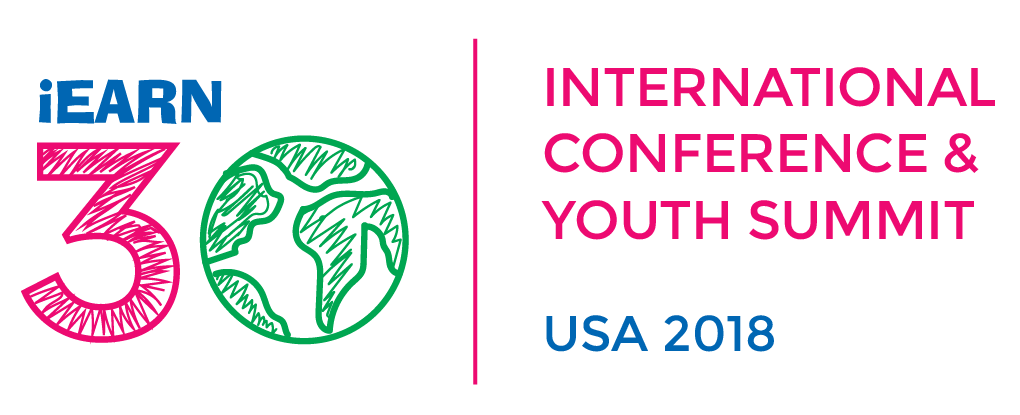Sessions
Global STEM Implementation for Sustainability with African and Asian Nations at the iEARN Conference
Florentia Spires
Texas Tech University
Florentia Spires is currently a STEM Instructional Leader in Prince George’s County School System. She began her teaching career as a United States Peace Corps Volunteer serving in Southern Africa. This global experience catapulted her love for science teaching. For two years, Florentia also served as a Peace Corps trainer...Read Full Bio
Florentia Spires
Florentia Spires is currently a STEM Instructional Leader in Prince George’s County School System. She began her teaching career as a United States Peace Corps Volunteer serving in Southern Africa. This global experience catapulted her love for science teaching. For two years, Florentia also served as a Peace Corps trainer for incoming new volunteers. Florentia has taught for more than two decades.
Florentia is currently a PhD. candidate at Texas Tech University in Lubbock, Texas. Florentia has been selected for numerous prestigious awards. President Barack Obama honored her at the White House where she received the Presidential Award for Excellence in Mathematics and Science Teaching in 2013-2014. She served as an Albert Einstein Distinguish Educator Fellow at the National Science Foundation expanding computing in education in 2013-2014. She was also named the Helen DeVitt Fellow in 2013-2014 and a NASA Endeavor Fellow in 2011-2012. Florentia was selected in 2013-2014 as a NASA Master Teacher served on the National Physics Master Teacher Leader Taskforce in 2016. Florentia has co-authored Chapter 12 in the book EF (Einstein Fellows): Best Practices Book 2 Chapter 12. The book is scheduled for publishing in June 2018. The title of Chapter 12 is Twenty First Century Skills Inspired Through Global STEM Projects.
Session Description
Global projects emphasizing STEM content subsets, such as environmental, space science, and engineering will be used to illustrate a global STEM citizenship model via youth as global leaders. The presenter will highlight teacher and youth engagement in the Global Precipitation Measurement Mission (GPM) platform led by National Aeronautics & Space Administration (NASA) where she served as a NASA Master Teacher. She will demonstrate how teachers and youth from the U.S., Pakistan, and Nigeria learned about variances in precipitation in their region, their use of water, and the endless ways that their local water supply is spent. The presenter will illustrate communication, data collection and analysis, and the comparative approaches of youth engineering techniques implemented across the globe.
What will educators learn and be able to do at the end of the session?
The presenter will share the practical experiences and strategic applications to build leadership for global education.
- Introduction to Global Projects
- Global STEM Citizens
- Background of Five Conceptions
- Authentic Projects
- Logistics of a Global Project
- Global Communication
- Additional Considerations
- STEM Collaboration
- Global Contribution
Additional Session Information
Increasing the Science, Technology, Engineering, and Mathematics pipeline is essential for the U.S. to remain globally competitive. STEM serves as a useful vehicle for teachers to develop, implement, and hone youths’ skillset in an international arena. Global STEM helps provide youth with the implementation of 21st century skills that characterize global digital citizens. Global citizenship creates a real life awareness of the interdependence that promotes a sense of responsibility for community. Global science collaboration can be developed and implemented by novice and experienced educators nationally and internationally.
Session Resources
